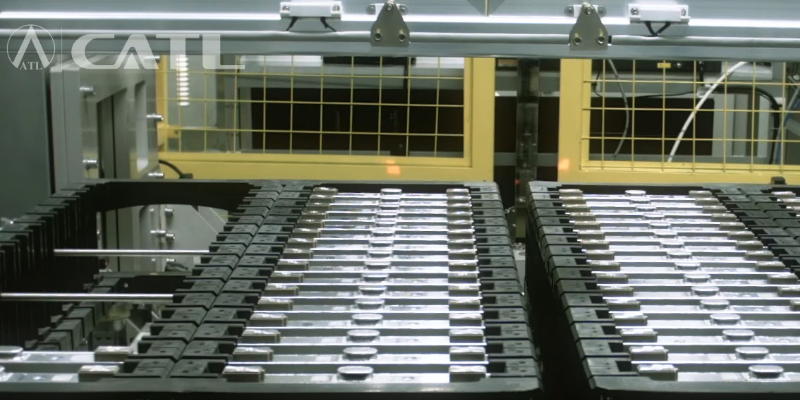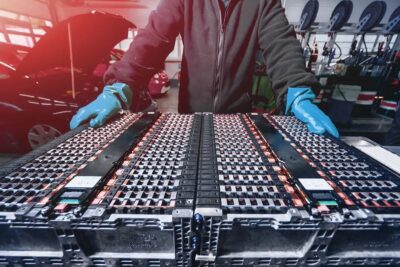Indian Oil goes for metal-air batteries with Phinergy
After it was announced last year that Indian Oil Corp (IOC) wants to start production of battery cells for electric cars in cooperation with a foreign company, the state-owned IOC is now officially giving details.
The IOC is acquiring a minority stake in the Israeli company Phinergy, which specializes in metal-air batteries. Both companies had already agreed to cooperate in early 2018, but now the plans are becoming more concrete:
Phinergy and the IOC are currently in the process of setting up a joint venture in India, which will not only develop, but also produce and distribute aluminium-air batteries. The joint company is planning to build a factory in India for the production of aluminium-air batteries for electric vehicles and stationary applications. The idea is to develop an entire ecosystem for this battery technology.
India has a well-established and rapidly growing aluminium industry. The metal is readily available on the sub-continent. The sourcing of this material for Indian battery production for its transition off fossil fuels is of geopolitical strategic value. Indian Oil aims to limit its dependence on lithium imports with the transition to electric transport. The mineral oil company is aiming to rely on raw materials that are available in India.
Following this metal-air battery track will be putting India on a different infrastructural course to many other countries. Metal-air batteries cannot be recharged, but drivers need only to replace plates to almost instantly get back on the road. The decisive difference here is that vehicles with these batteries require no charging infrastructure, but rather, plate-swapping infrastructure. “Rest of the battery including the air cathodes remain intact and there is no need to change them for at least eight years and after that the air cathode can be completed recycled,” SSV Ramakumar, Director of Research and Development at the IOC told The Economic Times late last year. The cost-effectiveness of this strategy requires a commitment to scale.
Now, according to Indian Oil Company, both companies are also already holding talks with vehicle manufacturers on the introduction of aluminium-air batteries in three-wheeled electric vehicles, cars and buses.
Last year, it was already announced that the state-owned IOC intends to start production of battery cells for electric cars in cooperation with a foreign company. According to Singh, the plan at that time was to build a factory with an annual capacity of at least one-gigawatt hour. However, the current announcement does not give any details on the factory’s planned capacity.
iocl.com (joint venture announcement), indiatimes.com (on metal-air battery strategy)
With reporting by Stefan Koeller & Carrie Hampel, Germany





4 Comments